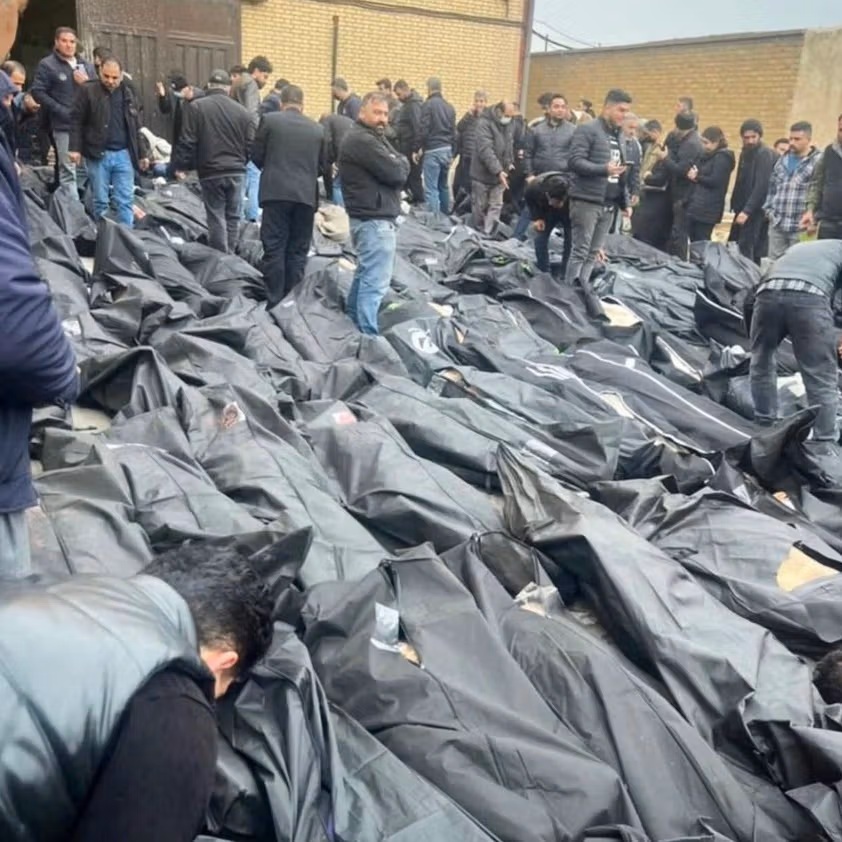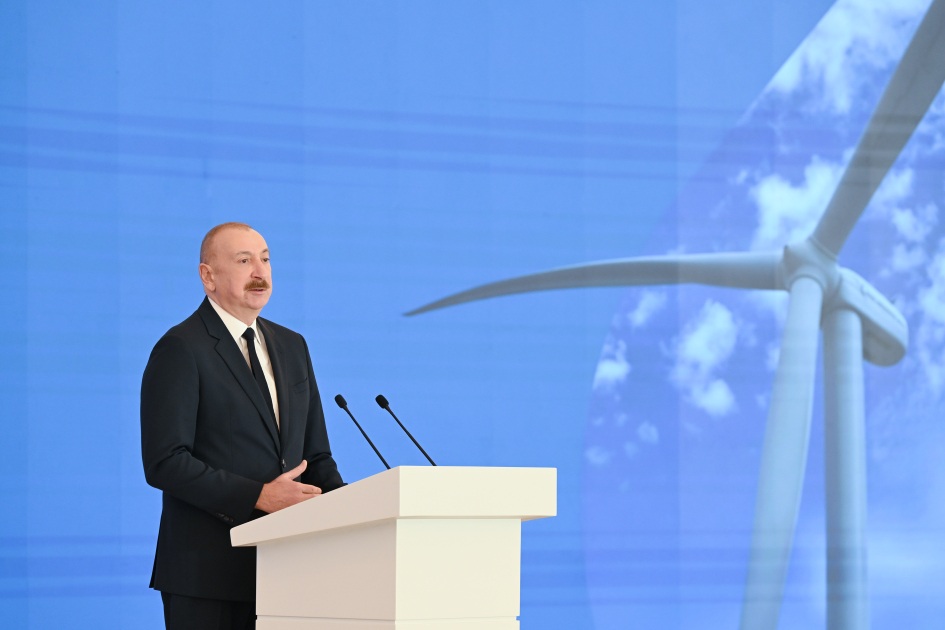
Defeated by Azerbaijan and abandoned by its nominal ally Russia, Armenia seeks to establish closer ties with the West. Policymakers in Yerevan hope that the country’s new foreign policy vector will help the former Soviet republic strengthen its positions in the South Caucasus. But will it?
By Nikola Mikovic
Following the 44-day war Armenia and Azerbaijan fought over Nagorno-Karabakh in 2020, Yerevan began to distance itself from Russia – the landlocked nation’s ally in the Collective Security Treaty Organization (CSTO). Over the past two years, the Armenian authorities have repeatedly accused Moscow of refusing to protect Armenia against alleged Azerbaijani incursions into the neighbouring country.
But after leaked files recently showed that Belarus, another CSTO member, delivered advanced weapons to Baku between 2018 and 2022, Armenia decided to burn bridges with the Russian-dominated military alliance. Although it still formally remains in the CSTO, Armenia is no longer part of what is often portrayed as a “NATO of the East.”
Instead, Yerevan has significantly bolstered its military and political relations with the West. A pivotal moment in this shift is Armenia's upcoming participation in the NATO summit in Washington, scheduled for July 9-11, in the capacity of a partner.
This participation, along with the related events marking the organisation's 75th anniversary, underscores Armenia's growing ties with the West. The former Soviet republic also has plans to procure CAESAR howitzers from NATO member France and enhance its bilateral relations with the United States.
Yerevan and Washington have recently signed an agreement on “mutual assistance” of their customs services, as the Russian Federal Security Service (FSB) withdrew its troops from the Zvartnots airport in the Armenian capital. Moscow is, therefore, watching how its primary geopolitical opponent takes over Armenia, and the Kremlin does not seem willing to take any steps to preserve the South Caucasus nation in the Russian geopolitical orbit.
There are some in Russia who hold the belief that Armenia, due to its economic reliance on Moscow, can never break free from the Russian sphere of influence. However, history has shown that such assumptions can be misguided. Before the conflict in the Donbas erupted in the spring of 2014, Russia was Ukraine’s primary trading partner.
A decade later, the two nations are at war. While this doesn't necessarily mean that Russia will invade Armenia, it does suggest that Yerevan may, over time, diversify its economy to some extent and shift its economic focus, potentially leading to a change in its top trading partner.
Despite being in the Russian-led Eurasian Economic Union (EAEU), Armenia signalled that “in the near future”, it might hold a referendum on joining the European Union. However, to join the EU, Armenia would first have to leave the EAEU, which could seriously impact the country’s economy. Another problem is that the EU sees Yerevan merely as its “eastern partner”.
There are no indications that Brussels plans to allow Armenia to join the bloc anytime soon.
For the time being, the former Soviet republic will remain in limbo, although the process of its decoupling from Moscow seems irreversible. Armenia is even ready to sign an unfavourable peace treaty with its archenemy Azerbaijan to leave the Russian zone of influence. For the official Yerevan, Russia is solely responsible for the Armenian defeat in the Second Karabakh War in 2020.
“Russia came, took Nagorno-Karabakh from our hands, gave it to Azerbaijan, then went back. This is the entire truth. I insist Russia took Nagorno-Karabakh,” Armenia’s National Security chief Armen Grigoryan said on June 26.
From Yerevan’s perspective, if Russia, rather than Azerbaijan, took Nagorno-Karabakh from the Armenians, nothing would prevent Armenia from normalising relations with Baku, except for a few details. Armenia will have to amend its constitution to sign a peace agreement with Azerbaijan. It will have to precisely remove a reference to a 1990 declaration of independence, which cites a 1989 unification act adopted by the legislative bodies of Soviet Armenia and the then Nagorno-Karabakh Autonomous Oblast.
In other words, Yerevan will have to both de facto and de jure give up on its aspirations over Nagorno-Karabakh. But that’s not all. After Armenia recently returned four strategically important border villages to Azerbaijan, it will most likely have to complete the border delimitation process with the neighbouring country. Since Baku, as the clear war winner, has the upper hand over Yerevan, it can insist that realising the Nakhchivan corridor (also known as the Zangezur corridor) must be part of a future peace deal.
The transportation route should connect mainland Azerbaijan with its exclave of Nakhchivan and its ally Turkey through Armenia’s southern Syunik province. If built under Azerbaijani conditions, Yerevan will have to create a passport-free zone without any border control along its section of the Nakhchivan corridor. Although such an outcome would undoubtedly impact Armenia’s sovereignty, if Prime Minister Nikol Pashinyan stays in power, he will likely implement the deal even though most of the Armenian population opposes any concessions to Azerbaijan.
Meanwhile, Pashinyan will likely seek to normalise relations with NATO member Turkey. At the same time, relations between Yerevan and Moscow will go from bad to worse. In Armenia, the anti-Russian sentiment will continue to grow, while in Russia, pro-Kremlin propaganda will claim that Moscow never really needed Armenia anyway.
In practice, this means Russia will lose another ally, Armenia will have to make painful concessions to Azerbaijan, and the West will increase its influence in the South Caucasus.






